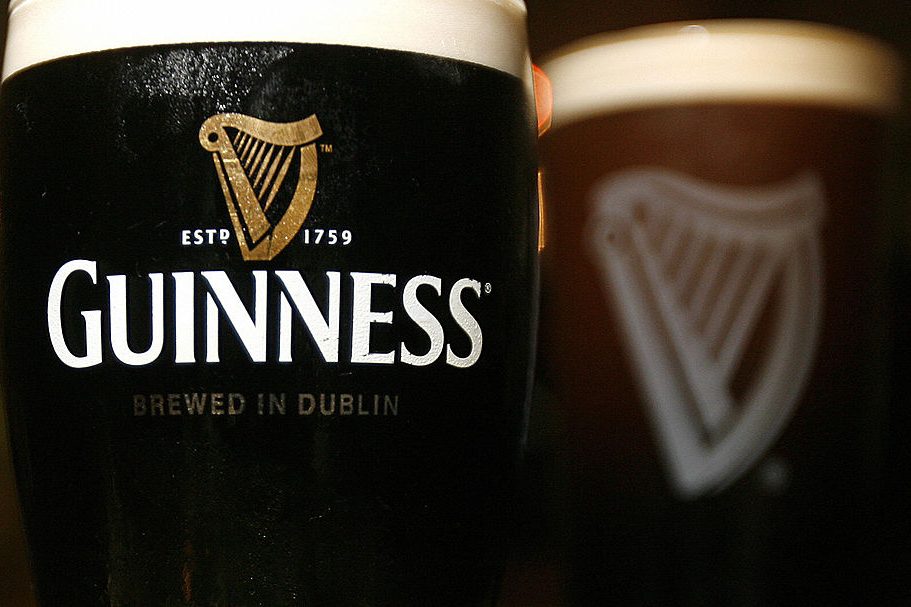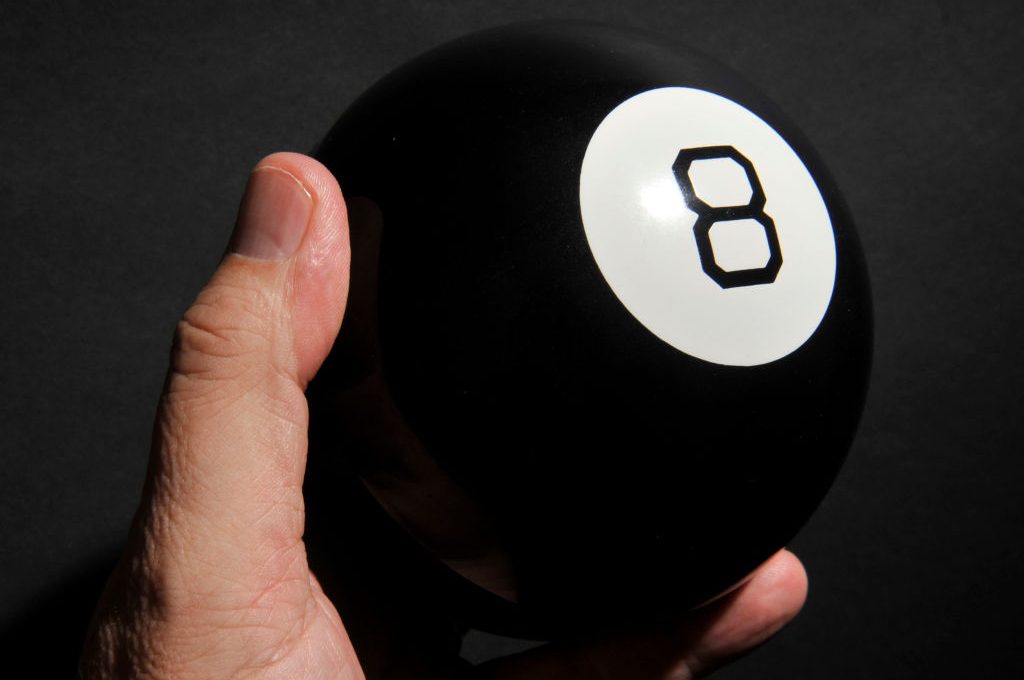This article is in
The Spectator’s December 2019 US edition. Subscribe here.
Every generation and teen subculture likes to put the boot into baby boomers like me. I’ve been physically attacked by skinheads, verbally assaulted by rightwing intellectuals and mocked by millennials. But I never thought I’d be subjected to the derision and verbal lashings of Generation Z. The ‘zoomers’ — that is, people born after about 1995 — have come up with a cutting and dismissive retort for older people: ‘OK boomer.’
It all began when an elderly man posted a video on the social-media app TikTok denouncing the younger generation. They were, he claimed, suffering from ‘Peter Pan syndrome’ and needed ‘to grow up’. Not exactly an original critique of the young — but something snapped inside thousands of American teenagers who responded with tweets, memes, artworks, doodles, posters and placards bearing the words ‘OK boomer’.
What does it actually mean? The phrase — aimed at the baby-boomer generation, people born between roughly 1946 and 1964 — is a way of dismissing something an older person has said that is perceived to be out of touch, condescending or closed-minded.
In early November a young MP for New Zealand’s Green party used it in parliament as a comeback to a heckler. Can’t be bothered to argue? Roll your eyes, and let ’em have it right between the ears: ‘OK boomer!’
Generation Z had found its voice — or should I say its catchphrase. ‘OK boomer’ has gone viral and spawned a whole cottage industry of merchandise: T-shirts, hoodies, shopping bags, notebooks and phone cases. I’m sure it won’t be long before we get OK Boomer: The Movie.
I might sound like some oversensitive snowflake boomer, but my complaint is not that Gen Z is too hard on us. On the contrary, they’re too soft. They don’t have the intellectual muscle or streetwise vindictiveness to bash us and draw blood. In 1976 at London’s 100 Club a punk called me an ‘old fat useless fucking ’ippie tosser!’ It wasn’t exactly a witty put-down à la Dorothy Parker, but it had a crude vibrancy. ‘OK boomer’ is so insipid. It’s the perfect put-down for an inarticulate generation that speaks and thinks in text. I feel I’ve been mauled by a poodle.
There are good grounds for boomer-bashing: the delusional idealism, the moral decadence, the druggy self-indulgence and the music of the Grateful Dead. All indefensible. But Generation Z’s critique of the boomers is nothing more than one of those half-baked conspiracy theories that circulate on the internet. The online nonsense of the online generation. Everything wrong with the world — rising inequality, the climate crisis, cost of university tuition — is because of the boomers.
‘Everybody in Gen Z is affected by the choices of the boomers, that they made and are still making. Those choices are hurting us and our future,’ 18-year-old Nina Kasman told the New York Times recently. She sounds like the former British Conservative member of parliament David Willetts, a self-flagellating boomer and the author of The Pinch: How The Baby Boomers Took Their Children’s Future —And Why They Should Give It Back.
But if Kasman and her peers were ever to pick up a book and read a little social history they would be horrified to discover that we didn’t destroy their future — we made their future! They are the bastard offspring of the boomers. Their whole social-warrior identity-politics crusade stems from the civil rights movements of the 1960s, with a strong dash of 1950s McCarthy-style witch-hunting.
And consider their beloved digital media technology. The whole internet-digital world they love and depend on was mostly developed by boomers like Steve Jobs. They think they’re savvy when it comes to our brave new world of social media, while, supposedly, we old fuddy-duddies wander around in our slippers and underwear wondering how to turn on our computers. Yet according to a 2017 report, ‘record numbers of older people are embracing smart and social technology, with a quarter of over-75s using tablet computers, and half of online baby boomers taking to social media’. We boomers use digital technology to live; they live for digital technology.
Generation Z complain that they feel ‘frustrated’ and ‘ignored’ because no one pays attention to them, and they’re right — or at least they were until Greta Thunberg and ‘OK boomer’ turned up. There is a good reason for this. A curious cultural change has taken place: for the first time since the 1960s, older people no longer envy the young.
Being young once carried a certain cachet. Post-1960s adults — especially in the media and creative industries — lived in constant fear that they were out of touch with the young folk. But that cult of youth which began after World War Two with the rise of the teenager has finally collapsed.
Zoomers have not been marginalized — as they imagine — by the machinations of evil old privileged white men who rule the world. It’s because they are the most culturally undistinguished and boring generation in the past 100 years. Youth is wasted on today’s young because they are self-righteous mini-adults who have no time for the stuff of teenage life. They have no joy, silliness, seriousness, spirituality; no soul, no style and no sense of fun. And if reports are to be believed, not much sex either, beyond porn. If you can’t envy the sex lives of the young, what is the point of them?
I’m not suggesting that all teenagers have to opt for sex, drugs and rock’n’roll to have fun. Each to their own. But the passions of Generation Z are so impoverished, so fixated around screens large and small, that they have missed out on the juicy stuff of teenage life. According to zoomer trend-watcher Jacob Chang: ‘We grew up with social media and tech, and have never known a world without it. It truly defines who we are, what we do, and what we like.’ But what happens when the novelty of technology wears off? Where will the great novels, films and records that define Generation Z come from?
I suspect future generations will want to put the boot into the boomers too, but Generation Z will provoke nothing but a yawn. Their children will look at them and their infatuation with the latest bit of digital technology, roll their eyes and declare: ‘OK zoomer.’
This article is in The Spectator’s December 2019 US edition. Subscribe here.



























